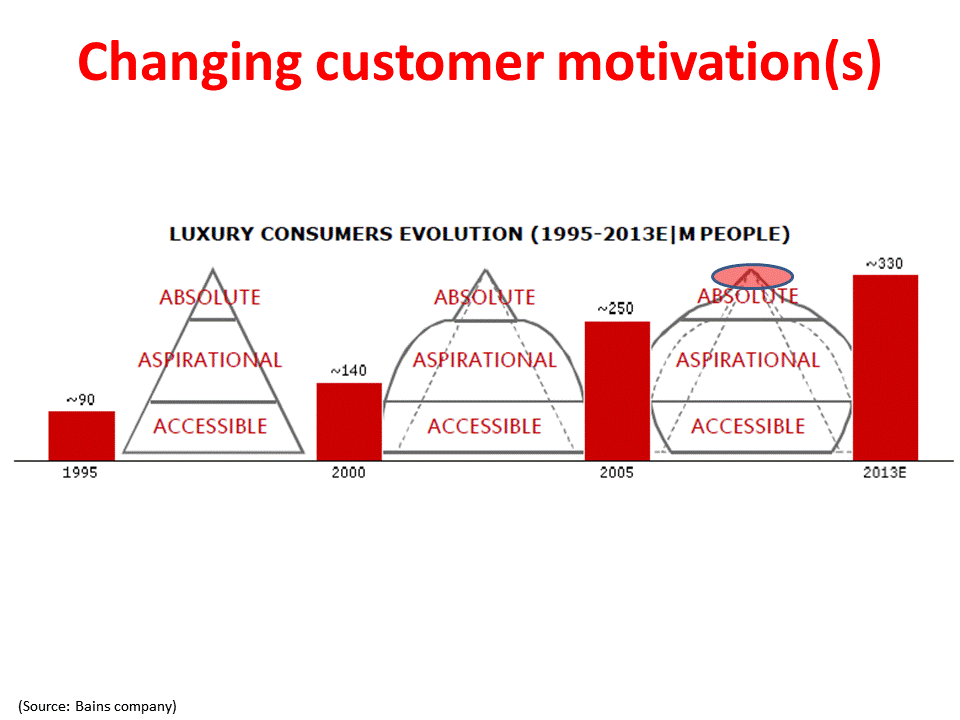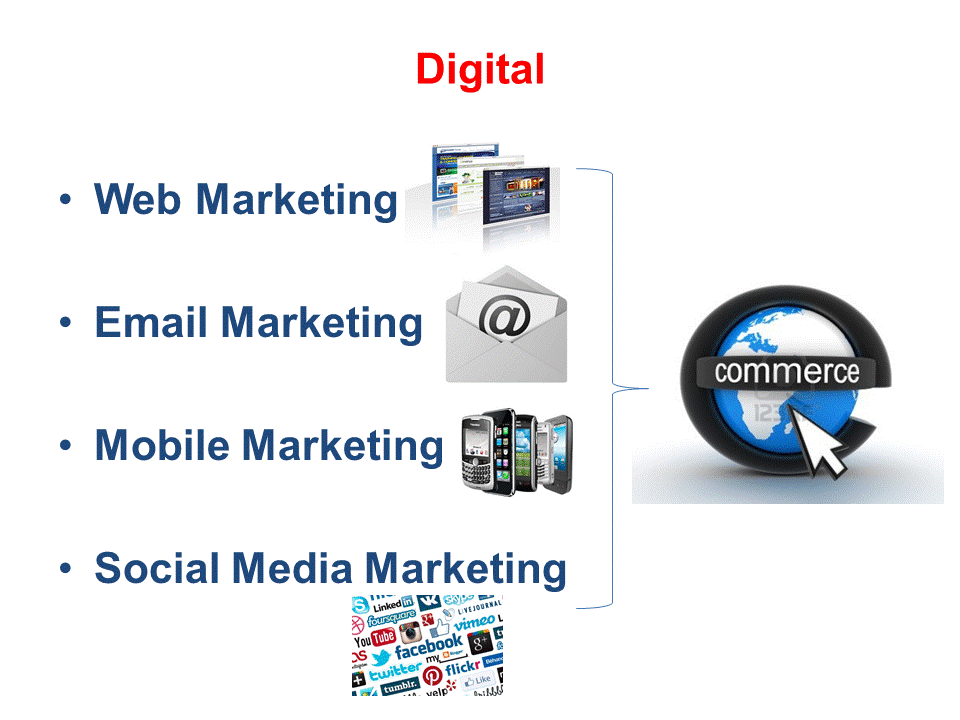Fashion Marketing: The New Paradigm
This summer, I spoke at many conferences (Annual Marketing Conference in Lima - Peru/ Fashion Seminars at the University of Trinidad and Tobago/ Luxury Marketing seminars at ISCOM in Paris) and the demand was always the same: "Tell us how Fashion Marketing is changing and what should be done to succeed". There is clearly an acknowledgment that the market, business and marketing environments of Fashion have dramatically changed and those changes require a new approach to succeed in fashion.

The changes happened in several ways:
* The market is now global...which means more opportunities but also more competitors

* The fashion/ luxury market segments have evolved from on segment (absolute luxury) to multiple segments (absolute luxury but also aspirational luxury and affordable luxury)

* The fashion/ luxury consumers are not more "one size fits all"...they are multiple segments dramatically different one to another...and there demanding totally different treatments

* And to make things more complicated, Digital Marketing is profoundly transforming the marketing mix and particularly the promotional mix across the world.

With all those changes, fashion designers and businesses have to have marketing discipline. If not, they are going to dilute very quickly their limited resources on inappropriate or undistinguishable strategies and activities.
Having marketing discipline means for a particular fashion product idea:
* Have the right marketing objectives
* Focusing on the right target for such objectives
* Developing the right value proposition and positioning strategies for such target
* Developing the right marketing mix components to deliver such value with such positioning to the selected target
..And they have to do so while maintaining the creativity that makes fashion unique.
This is an amazing moment for fashion and luxury...very scary for some...quite motivating for others.
In all cases, the winners will be the ones who will be able to properly balance creative designs with marketing discipline.
Here is an extract of my presentation.
Good reading
 consumer segments,
consumer segments,  fashion,
fashion,  luxury,
luxury,  marketing,
marketing,  planning
planning 
